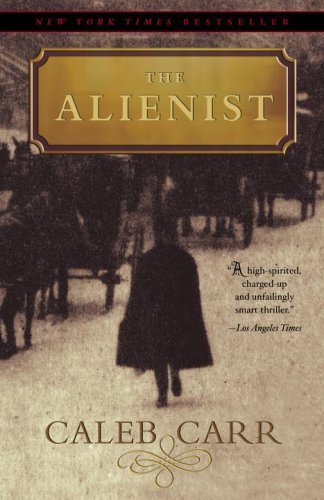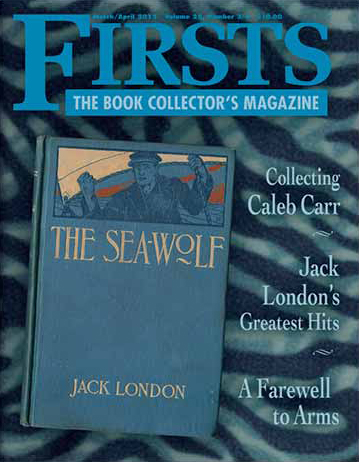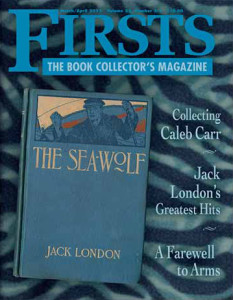
“After twenty years of tough struggle and countless failed attempts, I’m delighted that Paramount Television, Anonymous Content and TNT have decided to join forces and bring ‘The Alienist‘ to life in what, based on the material I’ve read, has the potential to be a faithful and exciting TV series … The array of talent already gathered for the project, for whom I’m pleased to be acting as consultant producer, is deeply impressive: Cary Fukunaga, Eric Roth, Hossein Amini, Gina Gionfriddo, E. Max Frye and the legendary John Sayles seem determined to do what many people said couldn’t be done: adapt the story in the ‘Alienist’ for live action in a way that both preserves the intellectual and historical integrity of the tale, while adding a gripping cinematic dimension to it. It’s my hope and expectation that, working together, we can all make this effort meet the standard expected by the very patient fans of the book, whose loyalty I consider a trust that I personally will do everything I can to protect.”
What exciting news for all Alienist readers, especially those of us who desire a faithful adaptation of the book. 17th Street wishes Mr. Carr well in his new role.






